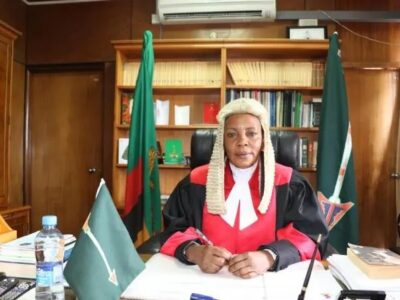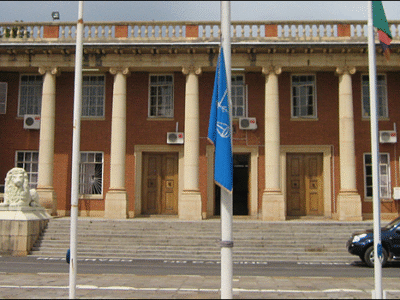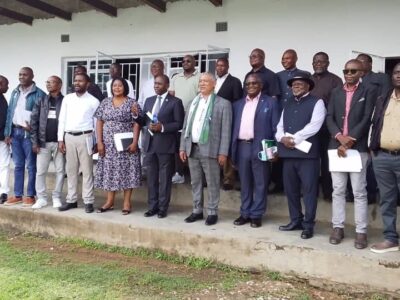The Socialist Party (SP) has condemned government’s handling of the agricultural sector, accusing President Hakainde Hichilema’s administration of failing to deliver on key promises.
The party has outlined alternative policies aimed at tackling food insecurity, unemployment, and poverty.
SP National Youth Secretary, Stanley Muba’sa, stated that despite government’s pledge to lower fertilizer prices to K250 per 50kg, ensure timely input distribution, and increase fertilizer allocations from eight to 12 bags per farmer, these commitments had not been fulfilled.
He presented the party’s alternative policies, describing them as “radical, well-researched, and calculated solutions” to Zambia’s agricultural challenges.
Among the key proposals, the SP advocates for the creation of local banks dedicated to agricultural financing, controlled by Zambian citizens and, in some cases, established at the provincial level.
These banks would provide loans for farmers to purchase equipment such as tractors.
Additionally, the party proposes increased investment in agricultural training, including the establishment of new institutions and the expansion of existing ones to train more extension officers, veterinary specialists, and agronomists.
To reduce dependence on fertilizer imports, the SP plans to establish locally owned fertilizer manufacturing companies, prioritizing Zambian investors and reducing corruption in procurement.
Muba’sa criticized the current system, which he claimed benefits government officials through single-sourced contracts. He argued that local production would lower costs for farmers and cut government expenditure.
The party also called for the creation of food processing industries, with ownership primarily in the hands of the state and Zambian private investors.
While foreign investors would not be excluded, they would be required to partner with local businesses rather than dominate the sector.
Muba’sa stressed that crops such as tomatoes, maize, soya beans, sorghum, and millet would be processed locally instead of being exported as raw materials.
“The Socialist Party’s approach will ensure Zambia’s agricultural sector benefits citizens first, creates jobs, and strengthens food security,” he said.
WARNING! All rights reserved. This material, and other digital content on this website, may not be reproduced, published, broadcast, rewritten or redistributed in whole or in part without prior express permission from ZAMBIA MONITOR.













Comments